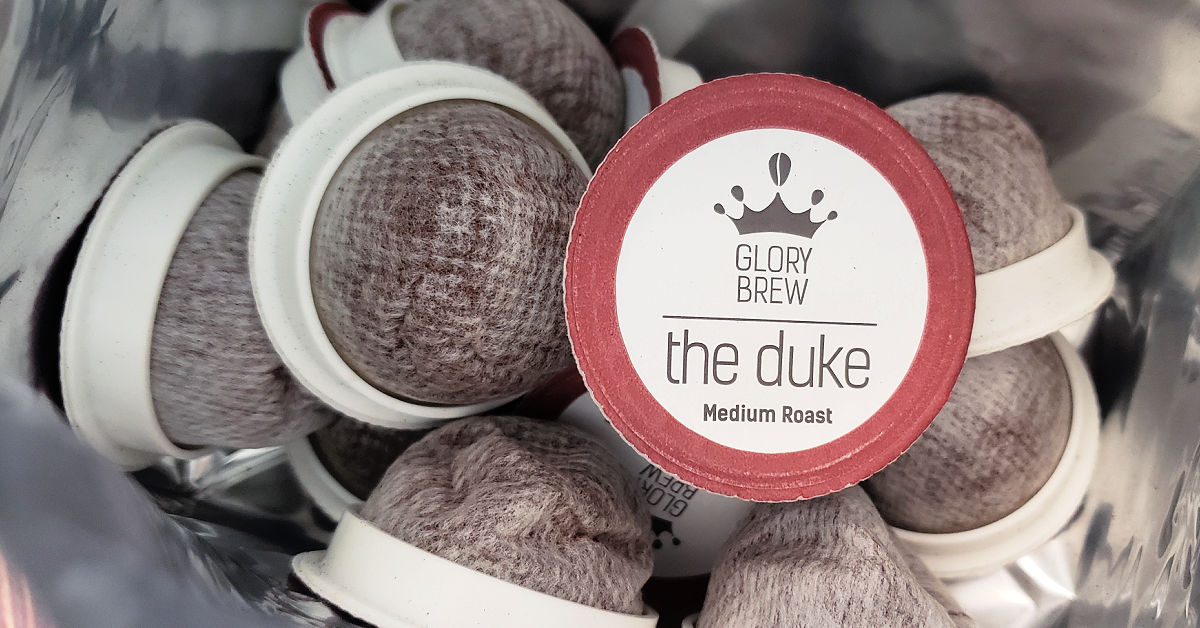For countless Americans, the day doesn’t truly begin until the first sip of coffee touches their lips. This essential morning ritual, often eagerly anticipated from the night before, has become an intrinsic part of our daily routine.
However, the journey from bean to brew has not only been about taste and convenience but increasingly about sustainability.

Coffee: At-Home Brewing Evolves
The rise of home coffee systems like Nespresso and Keurig has transformed our coffee experiences, offering everything from a basic espresso to barista-level espressos at the push of a button. Yet, this convenience has not been without its environmental costs.
The waste generated by single-use pods, whether aluminum or plastic, has been a significant concern for both consumers and eco-conscious brands.
Environmentalists take on Nespresso with '100% eco-friendly' coffee pods https://t.co/UWHRcvrHAM
— Zubair Sobani (@sobaniza) April 6, 2018
The Challenge of Convenience
Nespresso’s aluminum pods, while recyclable, require users to collect and return them for processing, complicating the recycling efforts. Despite the brand’s initiatives, participation remains low, with only 36% of users engaging in the program.
Meanwhile, Keurig’s plastic pods, commonly known as K-cups, although BPA-free, still pose concerns due to the daily use of heated plastics.

A Greener Cup of Joe
Recognizing these environmental hurdles, Nespresso and Keurig have boldly stepped forward with new solutions that promise to keep the convenience but reduce the ecological footprint.
Both companies have recently announced a shift towards pods made from sustainable materials like paper and plant-based compounds.
Nespresso’s Paper Innovation
Nespresso is set to unveil its groundbreaking paper pods during the prestigious Milan Design Week. These new pods are designed to be fully compostable, eliminating the need for specialized recycling processes. However, they will be compatible only with Nespresso’s Original models, not the newer Vertuo line.
Keurig’s Plant-Based Approach
Similarly, Keurig has taken a significant leap with its introduction of plant-based K-rounds. Announced earlier this year, these new pods are designed to decompose more efficiently, significantly reducing waste.
However, they will require consumers to invest in new brewing machines, as they aren’t compatible with older models that use plastic pods.

The Path Forward
As the coffee industry moves towards more sustainable practices, these innovations by Nespresso and Keurig are not just about offering consumers guilt-free convenience but are also about setting a new standard in the market.
By reducing waste and simplifying the recycling process, both companies are redefining what it means to have a cup of espresso. With these changes, your morning coffee ritual could be just as satisfying for the planet as it is for your palate.
In this ever-evolving landscape, Nespresso and Keurig are brewing up a future where coffee lovers can savor every sip, knowing they are part of a larger movement toward environmental responsibility.
The path toward sustainable coffee consumption is becoming clearer, and it is led by innovations that promise to transform our coffee rituals into acts of eco-consciousness.










